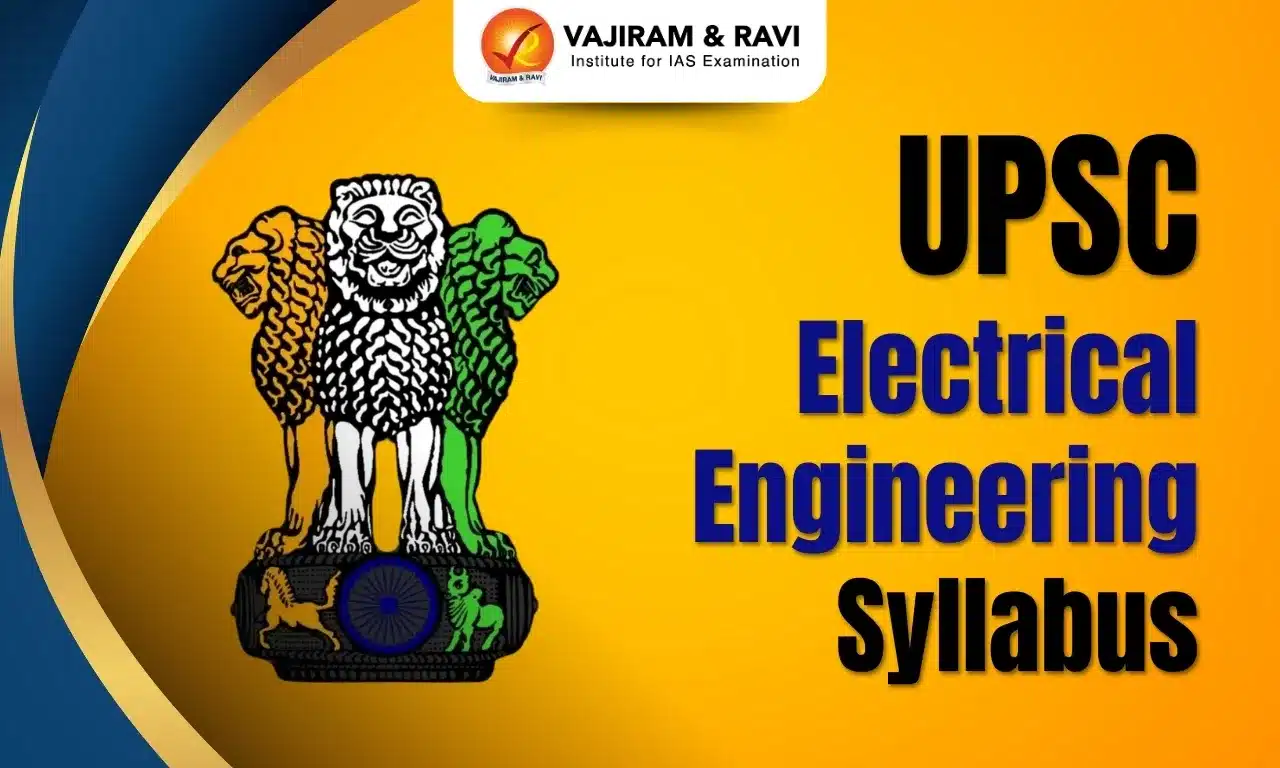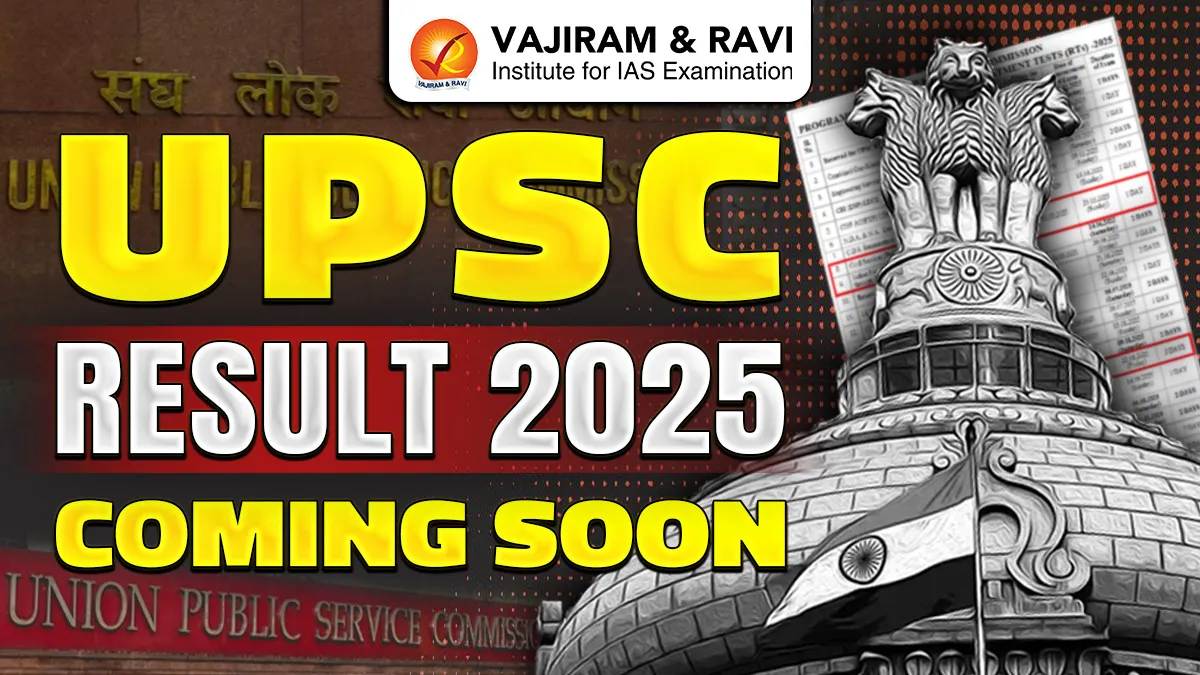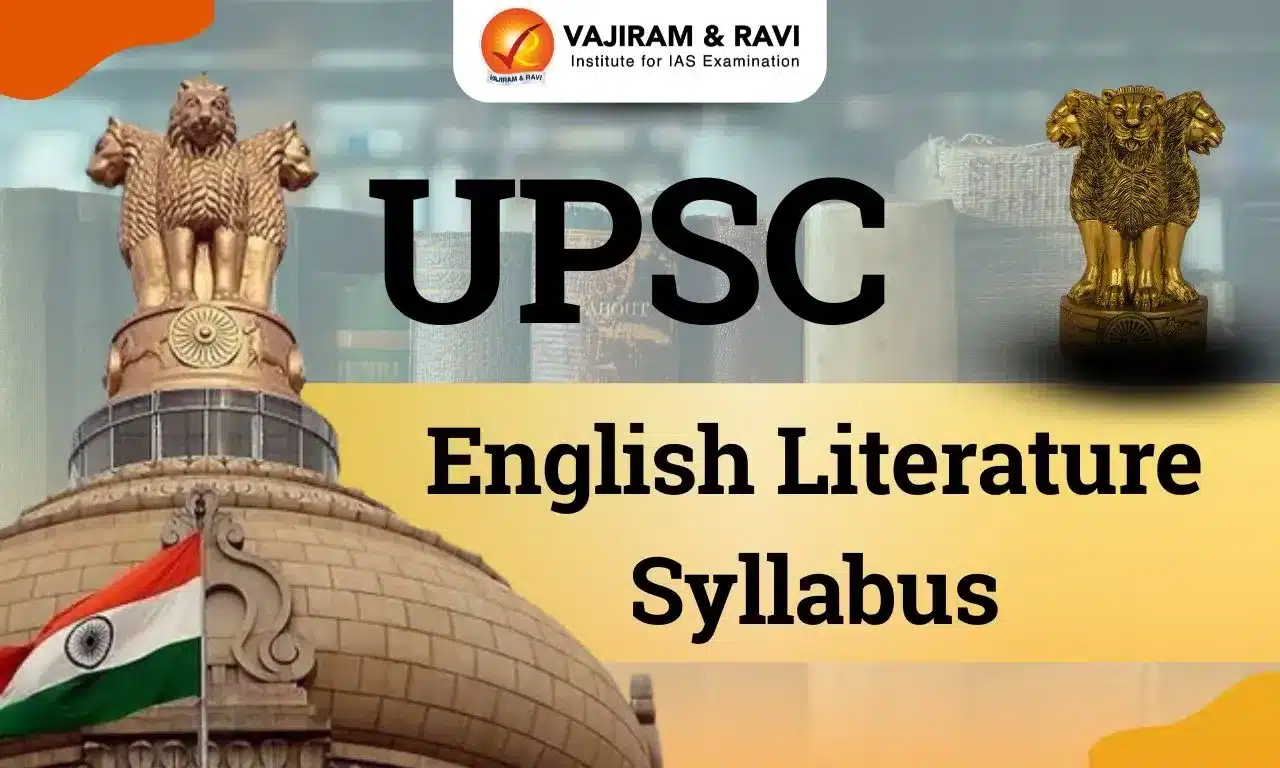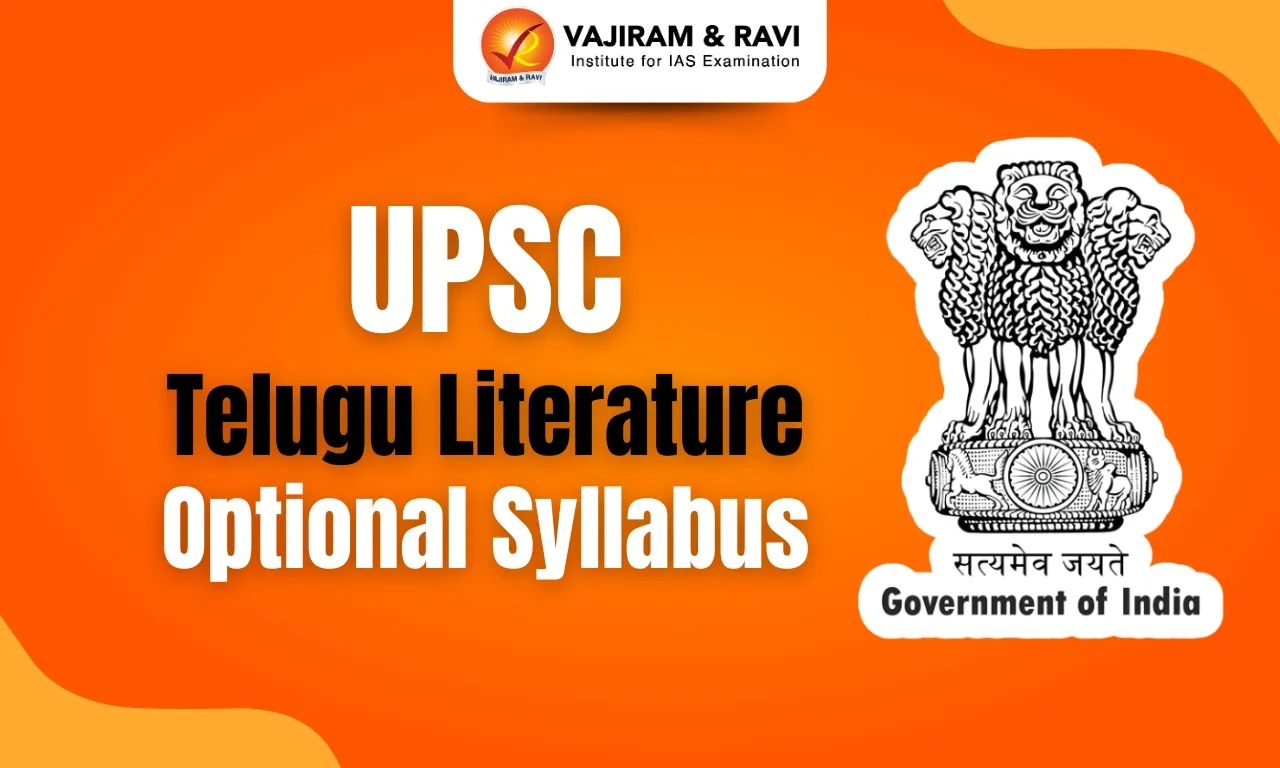The UPSC offers 48 optional subjects for Mains Exams, with Electrical Engineering being one of them. The UPSC Electrical Engineering Syllabus emphasizes understanding core concepts and applying them in areas such as Analog and Digital Electronics, Power Systems, Microprocessors, Power System Protection, Measurement, and Instrumentation. For candidates choosing this subject, having a clear grasp of the fundamentals is essential. In this article, we will explore the detailed UPSC Electrical Engineering Optional Syllabus effective preparation.
UPSC Electrical Engineering Syllabus
Electrical Engineering is a preferred optional subject in the UPSC Mains Exam, especially for candidates with an academic background in the field. It is recommended to choose this subject only if you have a solid understanding of core concepts. Following the latest UPSC Electrical Engineering Syllabus is essential to stay aligned with the exam requirements.
Over the past five years, around 160-200 candidates have opted for this subject, with a consistent success rate of approximately 8%. Based on previous years' analysis, the difficulty level of Electrical Engineering questions in the UPSC Mains is generally moderate.
UPSC Electrical Engineering Syllabus for Paper 1
The UPSC Electrical Engineering Syllabus for Paper 1 includes the topics covered during their engineering course including subjects like Circuit Theory, Signals & Systems, E.M. Theory, Digital Electronics, Energy Conversion, Power Electronics and Electric Drives, and Analog Communication. For a detailed subject description, refer to the table below.
|
UPSC Electrical Engineering Syllabus for Paper 1 |
|
|
Topics |
Sub-Topics |
|
Circuits Theory |
|
|
Signals and Systems |
|
|
E.M. Theory |
|
|
Analog Electronics |
|
|
Digital Electronics |
|
|
Energy Conversion |
|
|
Power Electronics and Electric Drives |
|
|
Analog Communication |
|
UPSC Electrical Engineering Syllabus for Paper 2
The UPSC Electrical Engineering Syllabus for Paper 2 includes the topics like Control Systems, Microprocessors and Microcomputers, Measurement and Instrumentation, Power Systems: Analysis and Control, Power System Protection, and Digital Communication. For a detailed subject description, refer to the table below.
|
UPSC Electrical Engineering Syllabus for Paper 2 |
|
|
Topics |
Sub-Topics |
|
Control Systems |
|
|
Microprocessors and Microcomputers |
|
|
Measurement and Instrumentation |
|
|
Power Systems |
|
|
Power System Protection |
|
|
Digital Communication |
|
UPSC Electrical Engineering Optional Syllabus PDF
The UPSC Electrical Engineering Optional Syllabus consists of two papers — Paper 1 and Paper 2, each carrying a weightage of 250 marks. Both papers cover around 4 major subjects. Below is a direct link for UPSC Electrical Engineering Optional Syllabus PDF for candidates who are opting for Electrical Engineering as their optional subject.
UPSC Electrical Engineering Optional Syllabus 2026 Preparation Strategy
Preparing for the Electrical Engineering Optional in the UPSC Mains requires a focused and well-planned strategy. Candidates who are opting as optional subject can refer the below discussed UPSC Electrical Engineering Optional Syllabus Preparation Strategy:
- Start by thoroughly going through the Electrical Engineering syllabus. Break it down into topics and subtopics to create a structured study plan.
- Choose standard textbooks and reference materials as per the syllabus for in-depth preparation.
- Prepare concise notes, especially for important formulas and concepts for quick revision.
- Enhance your presentation and time management skills by solving previous year’s papers and participating in a test series.
- Attempt past UPSC Electrical Engineering optional papers to understand the exam pattern, question types, and time management. This helps identify strengths and areas needing improvement.
- Analyze your performance after each test and revise challenging topics.
- Allocate dedicated time for consistent revision and problem-solving to strengthen your understanding.
- Consider joining an Electrical Engineering Optional coaching or seeking mentorship for expert feedback and guidance.
- Keep track of technological advancements, government policies, and industry updates related to Electrical Engineering. This knowledge will be useful in both the written exam and the interview.
UPSC Electrical Engineering Optional Books
To effectively cover the Electrical Engineering Optional Syllabus for the UPSC Mains, candidates should refer to the standard reference books which helps in building conceptual clarity. Below we have shared the list of UPSC Electrical Engineering Optional Books that an appearing candidate who is opting for the Electrical Engineering as the optional subject:
|
UPSC Electrical Engineering Optional Books |
||
|
S. No. |
Book Title |
Author(s) |
|
1 |
Electromagnetic Fields & Waves |
Kd Prasad |
|
2 |
Energy Conversion |
Ashfaq Hussain |
|
3 |
Circuit Theory: Analysis and Synthesis |
A. Chakrabarti |
|
4 |
Signals and Systems |
Alan V. Oppenheim, Alan V. Willsky, S. Hamid Nawab |
|
5 |
Physics of Semiconductor Devices |
Simon Sze |
|
6 |
Analog Electronics |
J.B. Gupta |
|
7 |
Digital Logic and Computer Design |
M. Morris Mano |
|
8 |
Principles of Electronics |
V .K. Mehta |
|
9 |
Radio Engineering |
G.K. Mithal |
|
10 |
Circuit Analysis |
Gupta |
|
11 |
Electrical Technology |
Thareja |
|
12 |
Automatic Control System |
Benjamin C. Kuo |
|
13 |
Elements of Engineering Electromagnetics |
Nannapaneni Rao |
|
14 |
Electromagnetic Waves and Field |
R.N. Singh |
|
15 |
Control Systems Engineering |
Nagrath Gopal |
|
16 |
Semiconductor |
Nag Choudhary |
|
17 |
Integrated Circuits |
D. Roy Choudhary |
|
18 |
Network Analysis |
Valkenburg |
|
19 |
Basic Current Analysis |
Murthy |
|
20 |
Electromagnetic Waves and Radiating System |
Jordan & Balmain |
|
21 |
Modern Central Engineering |
Katsuhiko Ogata |
|
22 |
Microprocessors and Microcomputers |
R. S Gaonkar |
|
23 |
Topics in Communication Theory |
David Middleton |
| Other Related UPSC Optional Syllabus | ||
|---|---|---|
|
UPSC Animal Husbandry & Veterinary Science Optional Syllabus |
|
|
Last updated on February, 2026
→ UPSC Notification 2026 is now out on the official website at upsconline.nic.in.
→ UPSC IFoS Notification 2026 is now out on the official website at upsconline.nic.in.
→ UPSC Calendar 2026 has been released.
→ UPSC Final Result 2025 is expected to be released in the first week of March 2026.
→ Check out the latest UPSC Syllabus 2026 here.
→ Join Vajiram & Ravi’s Interview Guidance Programme for expert help to crack your final UPSC stage.
→ UPSC Mains Result 2025 is now out.
→ UPSC Prelims 2026 will be conducted on 24th May, 2026 & UPSC Mains 2026 will be conducted on 21st August 2026.
→ The UPSC Selection Process is of 3 stages-Prelims, Mains and Interview.
→ Prepare effectively with Vajiram & Ravi’s UPSC Prelims Test Series 2026 featuring full-length mock tests, detailed solutions, and performance analysis.
→ Enroll in Vajiram & Ravi’s UPSC Mains Test Series 2026 for structured answer writing practice, expert evaluation, and exam-oriented feedback.
→ Join Vajiram & Ravi’s Best UPSC Mentorship Program for personalized guidance, strategy planning, and one-to-one support from experienced mentors.
→ Check UPSC Marksheet 2024 Here.
→ UPSC Toppers List 2024 is released now. Shakti Dubey is UPSC AIR 1 2024 Topper.
→ Also check Best UPSC Coaching in India
UPSC Electrical Engineering Syllabus FAQs
Q1. What is the syllabus for electrical engineering?+
Q2. Is electrical engineering hard?+
Q3. Which is the toughest subject in EE?+
Q4. What is the main subject of EEE?+
Q5. Does EEE have coding?+
Tags: electrical engineering optional syllabus upsc electrical engineering syllabus
















